Rublev's Darkest Hour: Emotionally Drained, Awaiting the Season's Finale
When Andrey Rublev fought hard through three sets in the opening round of the Vienna tournament, only to be defeated again by British player Norrie, an unfortunate record was cemented: since the US Open, this Russian star has endured a painful five-match losing streak. Particularly disappointing for his Chinese fans was that during the China season, he exited in the first round of all three events.
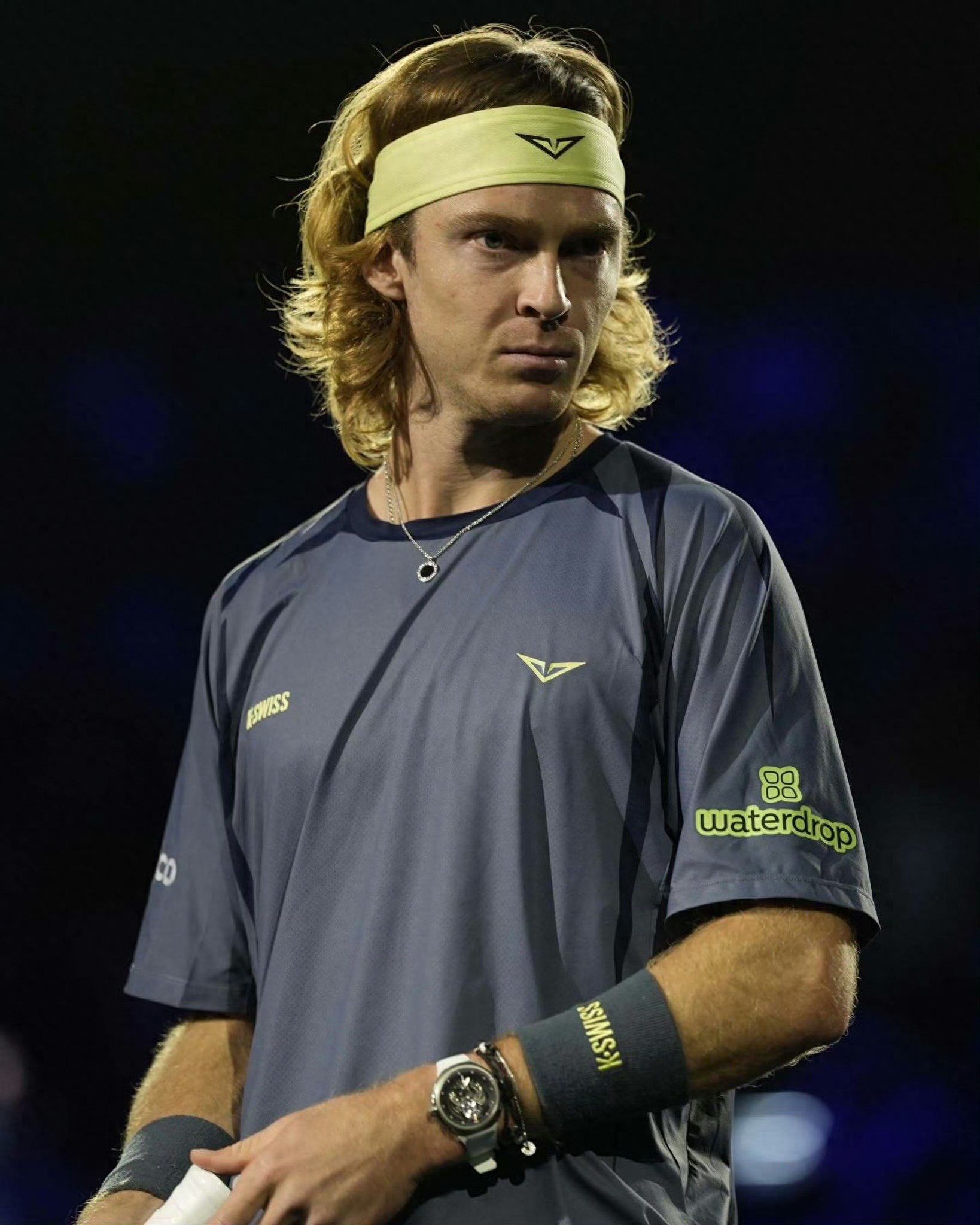
Why has a former top-five world player suddenly plunged into such a profound slump? The answer is not simply poor form, but rather a painful process of intentional change and a crisis of both body and mind.
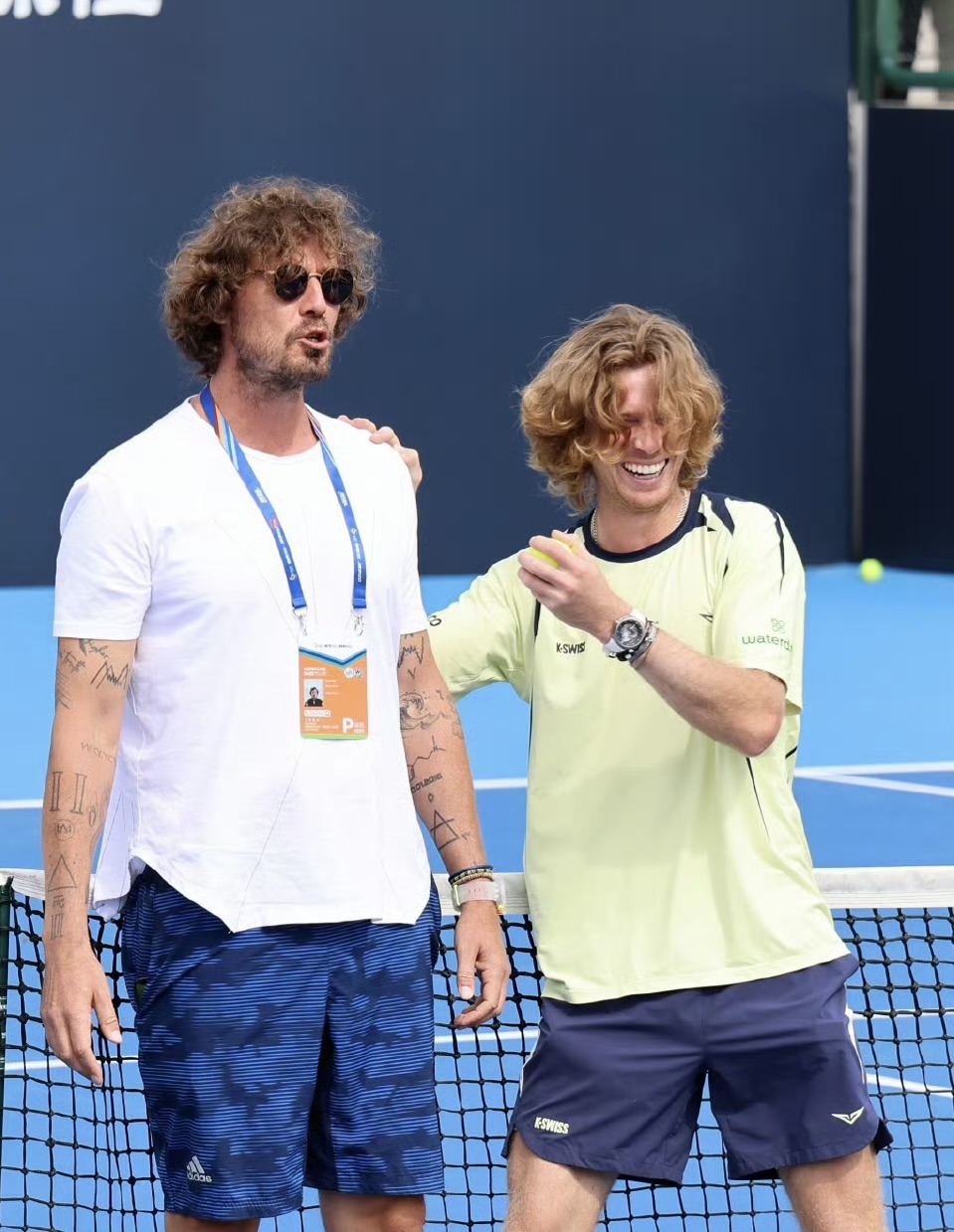
Rublev’s current predicament stems from a thorough self-revolution. Together with his coach, former world No.1 Marat Safin, he is undergoing a major overhaul of his technical and tactical system. Rublev himself admits that his signature aggressive style, known for its violent aesthetics, has reached a ceiling in his career. He clearly understands that if he remains stagnant, a rapid decline in ranking awaits him.
Therefore, he has chosen the toughest path for a professional athlete: rebuilding from scratch at the peak of his career. The goal of this transformation is to break through bottlenecks and seek the possibility of competing on a bigger stage. However, any reform comes with short-term costs. The new tactical system has not yet become muscle memory during matches, causing him to lack confidence on crucial points and hesitate in ball handling. After his exit from the Shanghai Masters, he has set the remaining part of the season’s objectives to serve this technical transition, hoping to focus on strengthening the new style during the offseason.
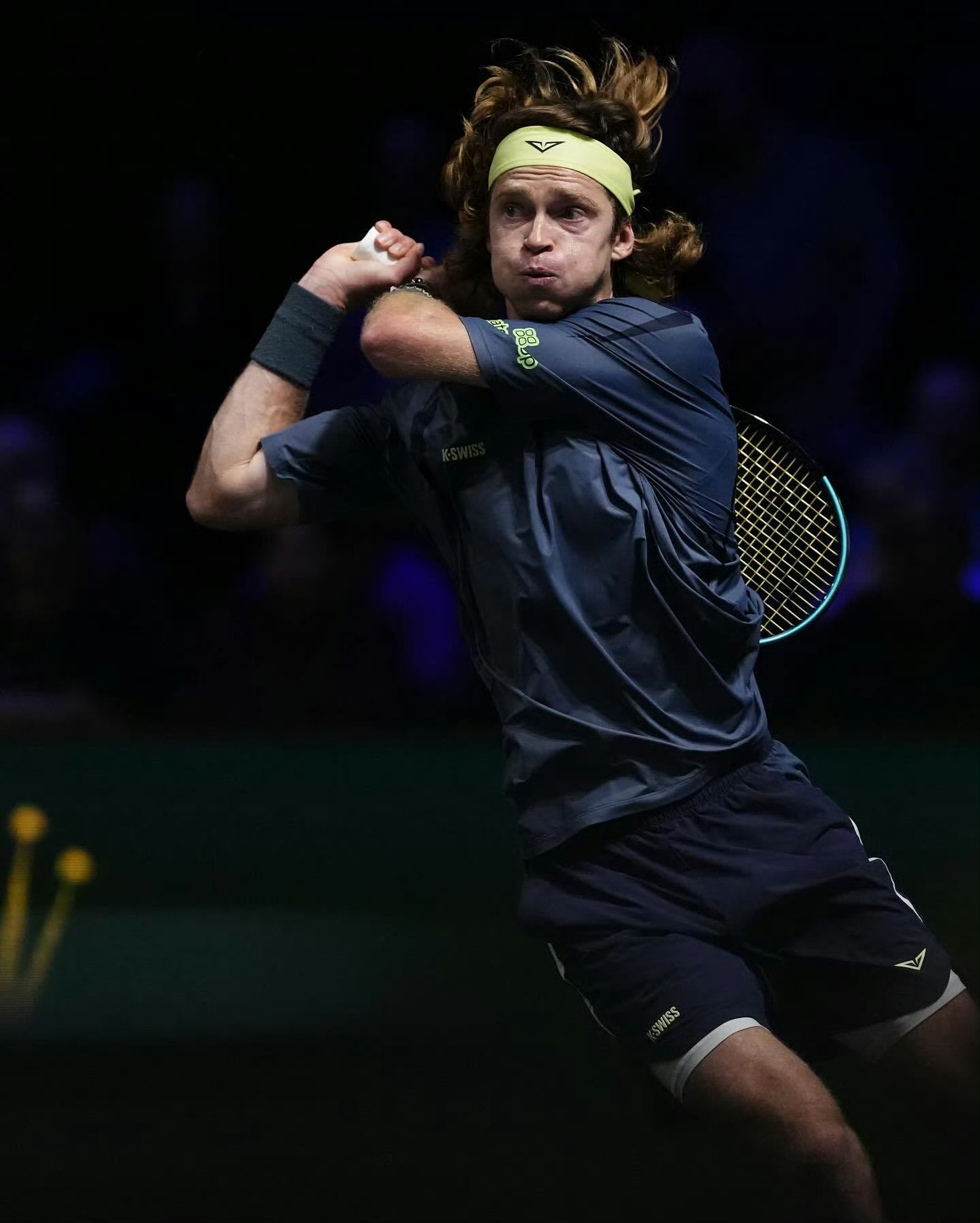
More fatal than the tactical pain is the psychological exhaustion. After the Vienna tournament, Rublev’s words were painfully candid.
“I’m doing okay. I can’t wait for the season to end. There aren’t many matches left anyway, so it’s fine. I really need a break.” These words, tinged with a bitter smile and helplessness, also reveal a genuine sense of relief.
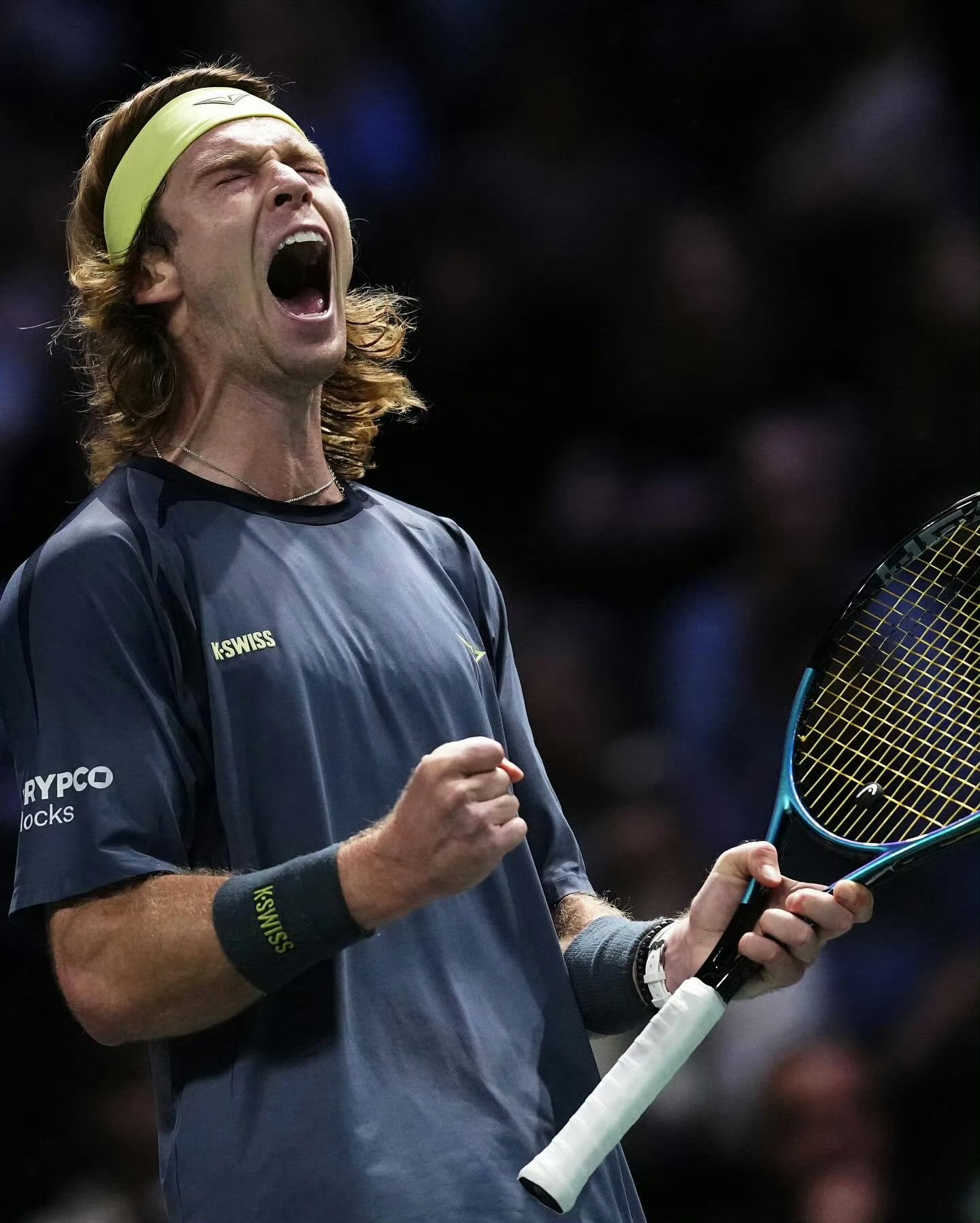
He further explained, “I’m completely emotionally drained.” This is a distress signal from the depths of a top athlete’s soul. He specifically pointed out that the breakdown began with the Asian season. “I think it was at the start of the Asian tour that I realized I really couldn’t hold on anymore.”
Notably, he emphasized “off-court I feel very good, and even better.” This seems to draw a clear line: the problem is not related to life or personal psychological illness, but purely professional burnout caused by a long season, dense schedule, and intense competition draining his emotional energy.
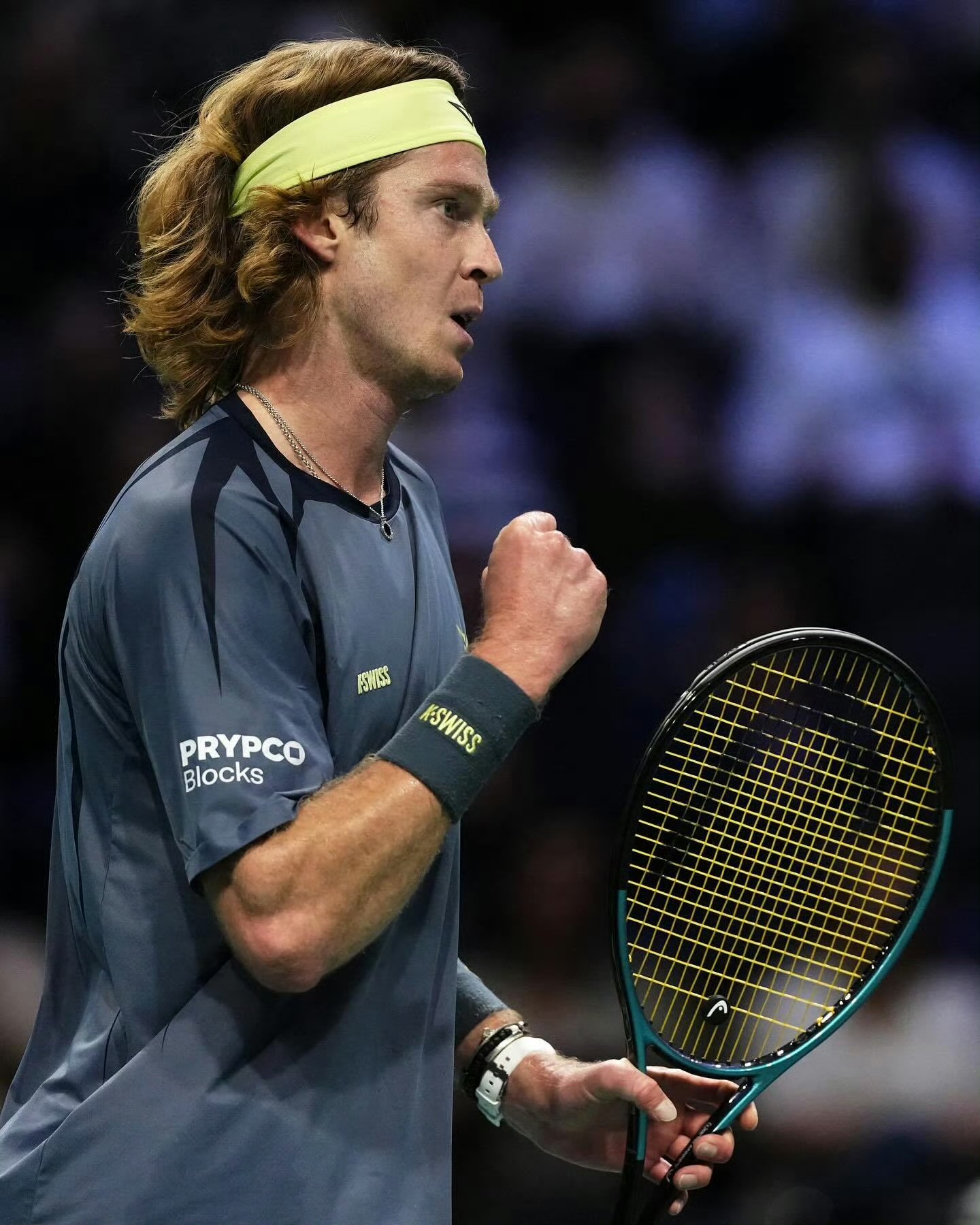
Rublev now finds himself in a classic darkness before dawn in his career. His body may still fight, but the fire, emotion, and passion that drive his play have temporarily gone out. What he needs is not more training or matches, but a complete shutdown and reboot.
For his fans, this losing streak is undoubtedly hard to endure, but perhaps there’s no need to be overly pessimistic. This is a transformation process that a top athlete must undergo to reach higher peaks. When he calmly said, “Thank God, my form will return on court,” he showed his faith in the future.
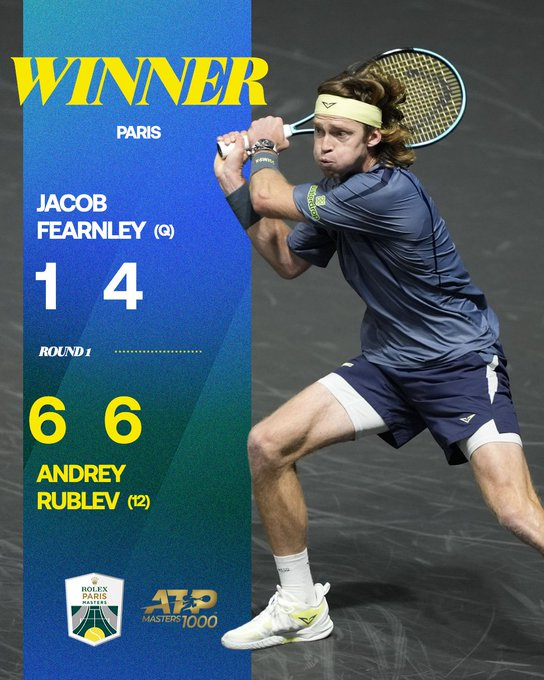
The season’s finish line is near. For Rublev, it is not only the end of competition but also a much-needed pause. When he temporarily steps away from the court, shedding all pressure and allowing his weary body and mind to recover, we have reason to expect a 2.0 version of Rublev—technically upgraded and emotionally recharged—will reignite the courts in the new season. The good news is that at the Paris Masters, Rublev defeated Fennelly 6-1, 6-4, ending his five-match losing streak that started from the US Open fourth round. Can Rublev go further in the Paris Masters?(Source: Tennis Home, Author: Mei)







 Links
Links
 Contact
Contact
 App
App


